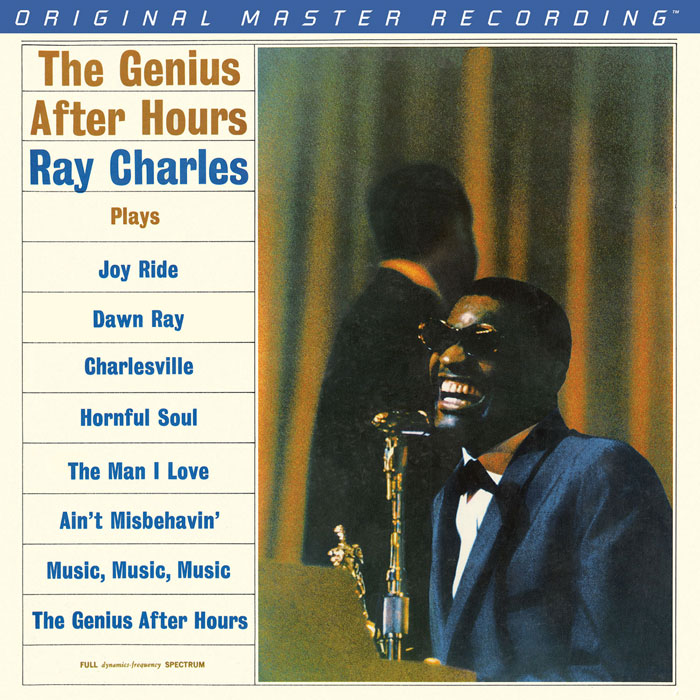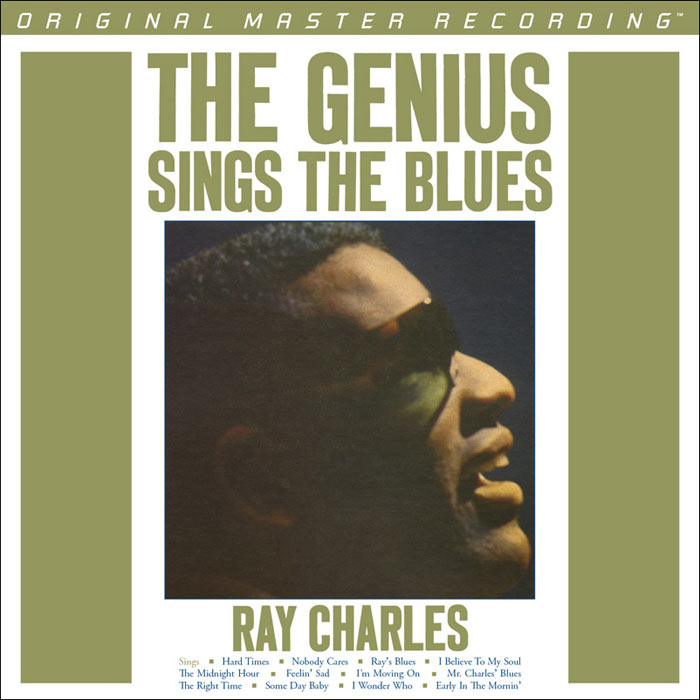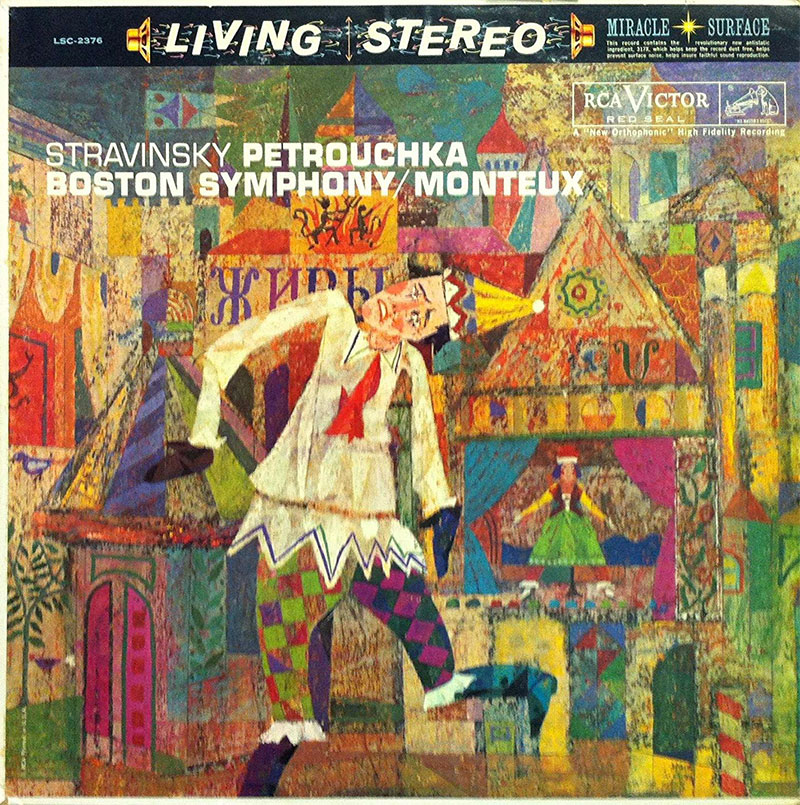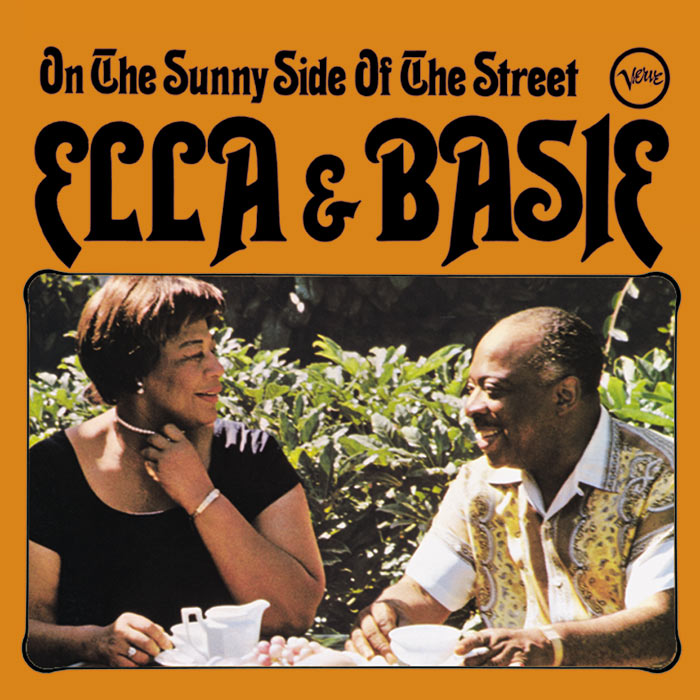Logowanie
OSTATNI taki wybór na świecie
Nancy Wilson, Peggy Lee, Bobby Darin, Julie London, Dinah Washington, Ella Fitzgerald, Lou Rawls
Diamond Voices of the Fifties - vol. 2
Tylko 1000 egzemplarzy!!!
DVORAK, BEETHOVEN, Boris Koutzen, Royal Classic Symphonica
Symfonie nr. 9 / Wellingtons Sieg Op.91
nowa seria: Nature and Music - nagranie w pełni analogowe
Petra Rosa, Eddie C.
Celebrating the art and spirit of music - vol. 3 - Pure
warm sophisticated voice...
Peggy Lee, Doris Day, Julie London, Dinah Shore, Dakota Station
Diamond Voices of the fifthies
Tylko 1000 egzemplarzy!!!
SAMPLER - STS DIGITAL, Buddy Tate, Milt Buckner, Walace Bishop
Jazz Masters - Legendary Jazz Recordings - v. 1
proszę pokazać mi drugą taką płytę na świecie!
Chesky! Niezmiennie perfekcyjny
Winylowy niezbędnik
ClearAudio
Double Matrix Professional - Sonic
najbardziej inteligentna i skuteczna pralka do płyt winylowych wszelkiego typu - całkowicie automatyczna
Ray Charles
The Genius After Hours
1961 Instrumental Set True to Its Name: The Sound of Charles Letting Loose in an Intimate Jazz Club
Intimate Affair Finds Legendary Pianist Pairing With Small Combos, Exploring Bluesy Sides
The Definitive Edition: Mobile Fidelity Hybrid SACD Boasts Unprecedented Sonic Clarity
Long Out-of-Print Album Restored and Renewed
There’s no doubting Ray Charles became a legend only after moving to Atlantic Records where, in the mid and late 1950s, he rung up a string of hits that redefined popular music and gave birth to R&B. Yet the label refused to shoehorn Charles into strictly sticking with vocal fare. Recognizing his jazz and blues roots, Atlantic both permitted and encouraged him to record instrumental sides with jazz combos and pursue piano-based material with which he was originally associated.
Mastered from the original master tapes, and restored to a quality that hasn’t been realized since the initial pressings more than 50 years ago, Mobile Fidelity’s hybrid SACD version of The Genius After Hours takes its place as one of the most unsurpassed-sounding examples of Charles’ first love affair: jazz and blues. Opening up the veil onto these early 1960s sessions, the collector’s disc functions as a tableside-seat at a smoky jazz club where, for sheer fun and amusement, Charles gathers with a handful of cohorts and lets loose with hard-bop standards and swinging rhythms. The cavity of Charles’ instrument, acoustic signatures of the stand-up bass lines, and swish of the percussion are all presented with unfettered realism.
Taken from the same three studio gatherings that yielded The Great Ray Charles, the eight tunes here feature the icon pairing with both a trio and a septet. Longtime collaborator David “Fathead” Newman plays tenor and alto sax, while trumpeter Joseph Bridgewater and bassist Oscar Pettiford also contribute memorable performances. Hall of Fame producer Quincy Jones handles the arrangements on the bigger-band tracks. Yet the star of the program remains Charles, and the carefree, charming manner in which he causes the music to move in any direction he wills.
Refreshingly easygoing and naturally soulful, Charles plays in time with his mates, cozying up to the ivories whether responding to Newman’s brassy currents or reacting to the be-bop sway on “Joy Ride.” Slightly removed from the gospel trademarks of his more commercial fare, Charles burrows into the blues, engaging in back-and-forth dialog with the brushed drums on “Dawn Ray” and laying down countermelodies on arrangements in the septet setting. Close your eyes, and you’re feet away from Ray and the boys at an intimate 3 A.M. gathering in a small club in New York’s Greenwich Village!

































